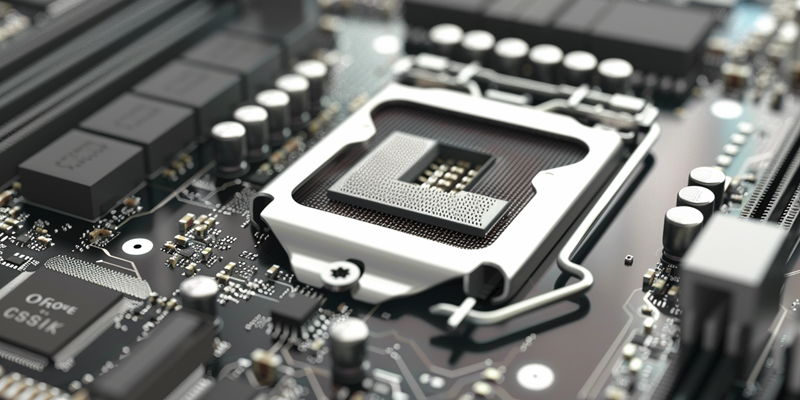In the rapidly evolving sphere of artificial intelligence, a new challenger arises. Intel’s leap into the AI hardware competition manifests itself with the unveiling of Gaudi 3, their third-generation AI chip. Announced during the Intel Vision event in Arizona, this powerful accelerator is Pat Gelsinger’s answer to Nvidia’s dominating presence in AI computing. Designed to be faster, more efficient, and cost-effective, the Gaudi 3 chip is set to disrupt the market status quo.
Intel strategically markets Gaudi 3 by touting its performance enhancements. Boasting a claimed 50% faster inference rate on certain tasks than Nvidia’s products and a laudable 40% efficiency increase, the latest offering is poised to capture attention. Though not directly compared with AMD’s AI product suite, Intel’s focus is pinned on how Gaudi 3 surpasses its own predecessor, Gaudi 2, with a four-times increase in BF16 operations and a 1.5 times enhancement in memory bandwidth.
Emphasizing Open Standards in AI
Intel is stepping up in the high-stakes AI chip race with its latest Gaudi 3 processor. This new chip isn’t just about raw power; it’s built to connect at incredible speeds with 24 Ethernet ports capable of 200 Gb each, aimed at breaking down walls within the tech industry by advocating open standards. This move is a strategic challenge to Nvidia’s closed systems, marking Intel’s bold step toward fostering a broad, collaborative tech environment.
The company is on a brisk timeline, targeting Q2 for initial shipments to OEMs like Dell and Lenovo, with a wider release in Q3. This rapid deployment underscores Intel’s aspirations to become a key player in the AI sector, an area currently dominated by Nvidia. Gaudi 3’s design for extensive scalability, enabling the interconnection of thousands of processors, reflects Intel’s tactical approach – not just launching another chip, but setting a new industry benchmark and cementing its role as an influential architect in the AI hardware arena.

